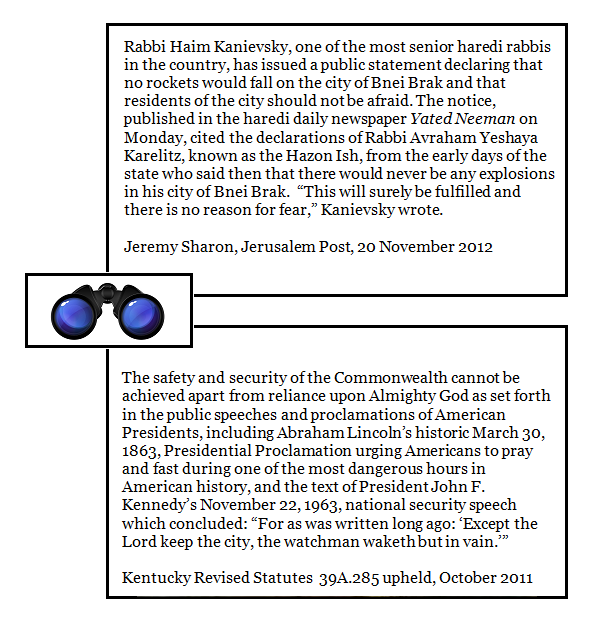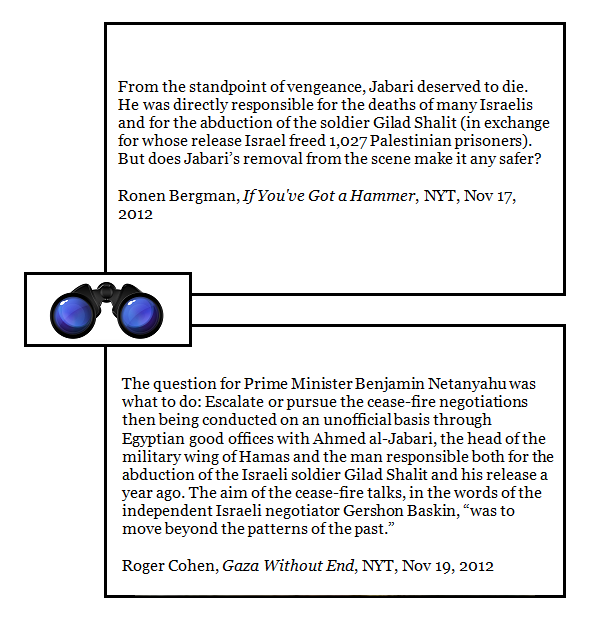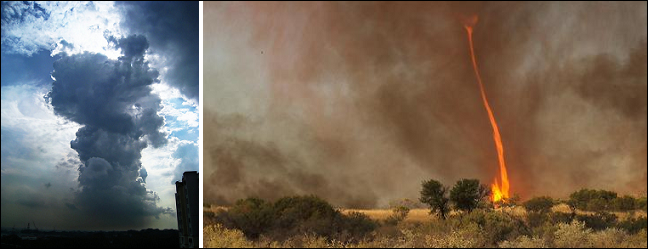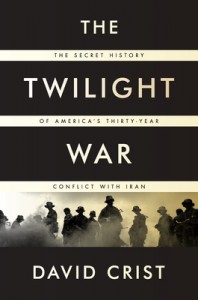Applied Pontecorvo: Gaza
Thursday, November 22nd, 2012[ by Charles Cameron — lessons from Pontecorvo’s Battle of Algiers for the medium-term Israeli-Palestinian conflict — and other instances of asymmetry ]
.
Pontecorvo‘s film, The Battle for Algiers, really seared itself into me when I watched it again recently — and so it has been a bit of a template for other thoughts, and notably influenced some of my thinking as I was watching events unfolding in Gaza, now thankfully in cease-fire mode.
Pontecorvo, as I noted in my previous post, takes the side of the Algerians in their conflict with the French, and I suppose it’s only natural that a “reading” of the Gaza situation in light of Pontecorvo’s masterpiece will tend to support the Palestinian “cause” against the Israelis.
After all, Yitzhak Epstein, addressing the Seventh Zionist Congress in Basel in 1905, had a point when he said:
We devote attention to everything related to our homeland, we discuss and debate everything, we praise and criticise in every way, but one trivial thing we have overlooked so long in our lovely country: there exists an entire people who have held it for centuries and to whom it would never occur to leave.
On Thanksgiving Day I am reminded that my Lakota friends also have a point — but there’s what’s memorable, which can remain in very long-term memory indeed, and there’s what’s practicable, which may in practical terms be changing by the day or decade…
**
Let me put that another way.
I don’t need the words of a Zionist Jew from a century ago to give me that insight into the Palestinian side of things, but Epstein’s words remind me that there are facts in the heart on the Palestinian side, just as the Israelis are building facts on the ground in the occupied territories. What of the Israeli side, are there not facts in the heart there too? And on the Palestinian side, what of the ghastly hadith of the Gharqad tree? Must apocalyptic hate last till the end of time?
Of all the reporting I have read, this, from Dahlia Litwick in Jerusalem, struck the deepest chord:
I don’t know how to talk about what is happening here but it’s probably less about writers’ block than readers’ block. It says so much about the state of our discourse that the surest way to enrage everyone is to tweet about peace in the Middle East. We should be doing better because, much as I hate to say it, the harrowing accounts of burnt-out basements and baby shoes on each side of this conflict don’t constitute a conversation. Counting and photographing and tweeting injured children on each side isn’t dialogue. Scoring your own side’s suffering is a powerful way to avoid fixing the real problems, and trust me when I tell you that everyone — absolutely everyone — is suffering and sad and yet being sad is not fixing the problems either.
**
Here, then, are the parallelisms and oppositions that struck me, as I was reading about the Gaza conflict — may today’s cease-fire endure and a peaceful resolution emerge — in light of Pontecorvo’s film:
Gilad Sharon‘s words echo those of Col. Mathieu in the film: they think alike, and indeed their perspective is a not-uncommon one. But while I might otherwise have overlooked Sharon’s voice as but one among many in Israel, having just seen Pontecorvo’s film I take more note of it, and my mind seeks its rebuttal.
I find that rebuttal in the words of Thomas More, in a speech from Robert Bolt’s play that has stuck with me since I first saw Paul Scofield in the role in London at the age of sixteen:
I am, I suppose something of a Taoist by inclination. I think, with Lao Tse, that the way that can be phrased in words isn’t the authentic way — or as Count Alfred Korzybsky might put it, the map does not adequately describe the terrain — and so my feeling is that the letter of the law should be tempered by its spirit, and that justice should be tempered with mercy — a point I hope to return to.
**
There is one other moment in Pontecorvo’s film that struck me as prescient — the one when Larbi Ben M’hidi comments on asymmetry:
I’ve heard remarks of that kind (upper panel) repeated many times in the context of the Palestinian-Israeli situation, but the graphic impact of the image (lower panel) outweighs a thousand explanations.
**
Perhaps we can leave Pontecorvo for a moment, and consider the asymmetry further, and the symmetry:
The lower panel, by a Swiss cartoonist of Lebanese extraction, is titled An Eye for an Eye (Oeil pour Oeil) — a symmetry that is taken to its logical conclusion in a quote often attributed to Gandhi:
An eye for an eye leaves the whole world blind.
**
My apologia:
I am distant, and I am a writer: distant enough to take all humanity for my own side, and writer enough to wish to contribute what I can of concern and insight.














